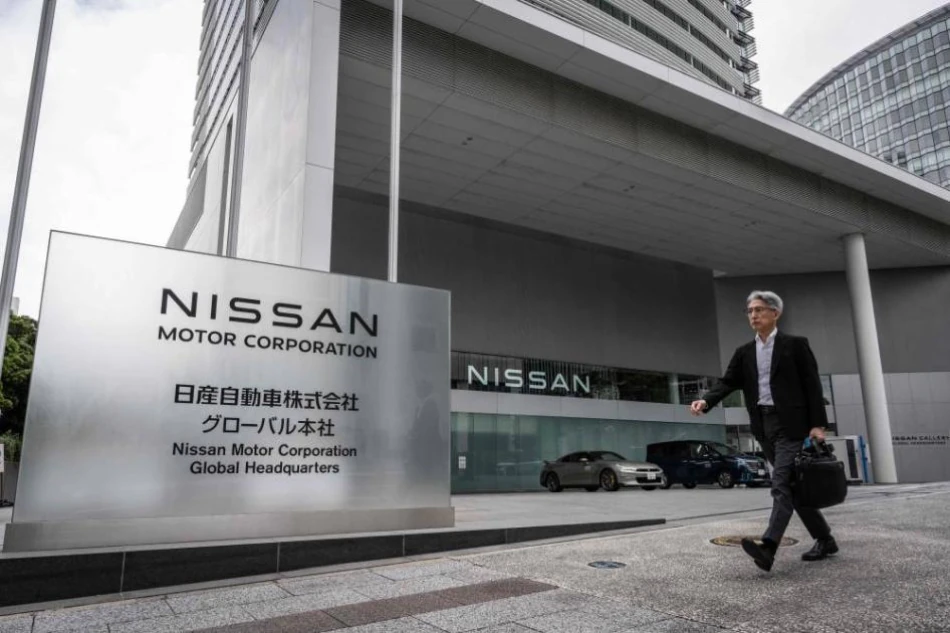
Struggling Nissan Forced to Sell Global Headquarters Amid Financial Woes
Nissan is selling its headquarters building in Yokohama for $630 million while staying put as a tenant. The struggling Japanese automaker will pocket $480 million in gains from the deal, which it plans to spend on AI systems and digital upgrades as part of a broader turnaround effort.
The sale to Tokyo-based real estate company MGI Godo Kaisha lets Nissan raise cash without disrupting operations. The company will lease back the building and continue using it as its main headquarters, just southwest of Tokyo.
This move comes as Nissan fights to get back to profitability after posting a massive $4.4 billion loss in the fiscal year that ended in March. The company has been struggling with declining sales and increased competition in key markets.
The proceeds will fund internal system upgrades and speed up the rollout of AI-powered tools across Nissan's operations. The company is betting that digital transformation can help cut costs and improve efficiency during this difficult period.
But the real estate sale is just one part of Nissan's broader restructuring plan. The automaker announced it's cutting 15% of its global workforce - about 20,000 jobs - and will shut down its main factory in Obama, Japan.
These drastic measures show how much pressure Nissan faces. The company that once competed toe-to-toe with Toyota and Honda now finds itself scrambling to stay relevant in a rapidly changing auto industry. Electric vehicle adoption is accelerating worldwide, and traditional automakers are pouring billions into new technology to keep up.
For investors, Nissan's moves signal the company is serious about its turnaround efforts. The headquarters sale provides immediate cash flow while the workforce cuts should reduce operating expenses. Whether these steps are enough to restore profitability remains to be seen, but they show management is willing to make tough decisions.
The Japanese auto industry has seen similar struggles recently as companies adapt to new technologies and shifting consumer preferences. Nissan's challenges reflect broader pressures facing traditional automakers as they navigate the transition to electric and autonomous vehicles.
Most Viewed News

 Omar Rahman
Omar Rahman






